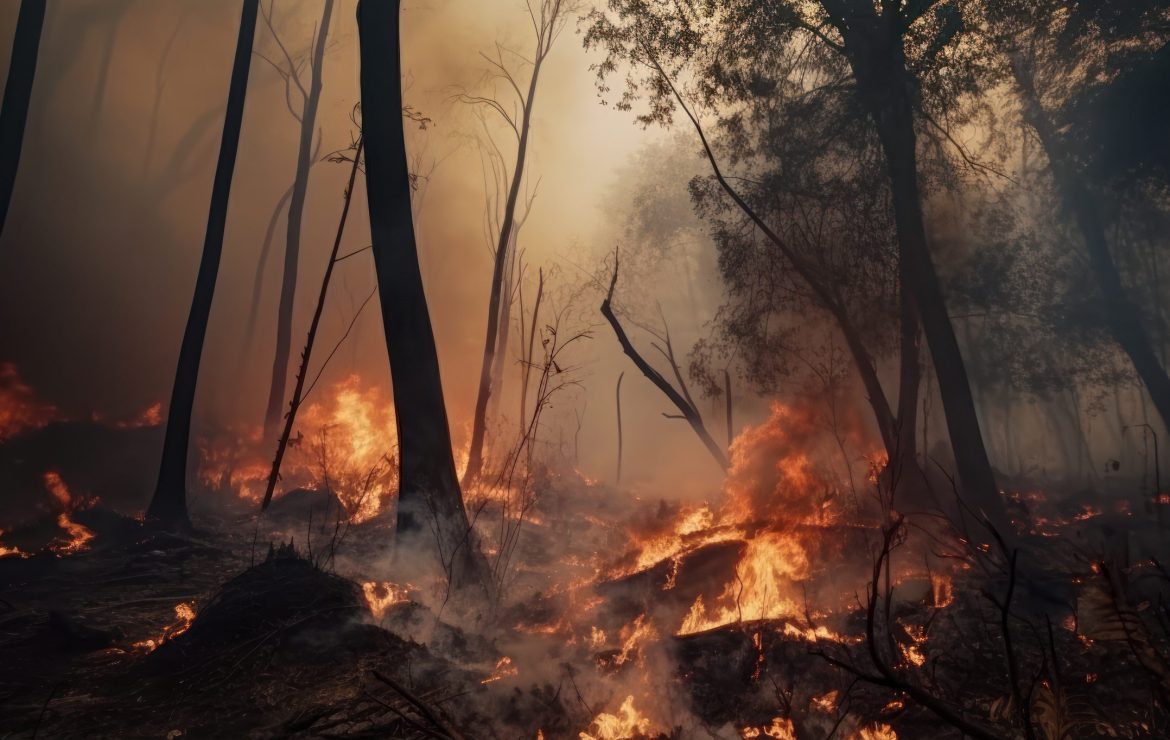A recent study has revealed that wildfire smoke may pose a greater threat to brain health than other types of air pollution, linking it to an increased risk of developing dementia.
The Alzheimer’s Association International in Philadelphia stated that the issue lies with fine particulate matter, known as PM2.5—tiny particles about 30 times smaller than the width of a human hair.
These particles can be inhaled deep into the lungs and enter the bloodstream.
Researchers tracked the health records of 1.2 million elderly individuals in Southern California from 2009 to 2019. They used air quality monitoring and other data to estimate residential exposure to PM2.5 particles from either wildfire smoke or other sources over three years.
The study found that the likelihood of a new dementia diagnosis increased by approximately 21% for every microgram increase in wildfire-related PM2.5 concentration compared to a 3% rise in risk for every three-microgram increase in non-wildfire-related particles.
These findings add to the growing body of evidence highlighting the role pollution plays in dementia risk and underline the urgent need to address air pollution, particularly from wildfires, to protect brain health in older populations.













